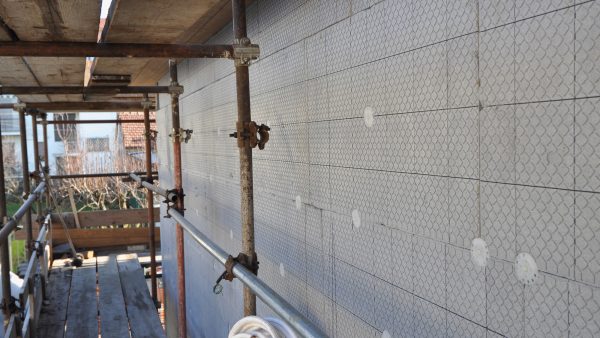When did builders stop using EIFS?

EIFS is one of the most common modern building materials. But you may have heard that it has fallen out of favor.
That’s not the case—now.
There’s a story behind EIFS or synthetic stucco; you should know what it is and how the material has changed.
The rise in popularity
EIFS, or Exterior Insulation Finishing System, is a building material system invented after World War II. It consisted of insulation panels with a weatherproof finish installed on the outside of the building. This system had several advantages over traditional stucco. It was more efficient than other wall systems, which made it great for a suddenly energy-conscious United States in the wake of the oil embargos of the 1970s. It was popular in Europe, too, for the same reasons.
The EIFS system was favored for both residential and commercial applications through the 1980s and early 1990s when things suddenly changed.
The concerns for residential homes
Due to a combination of factors (installation problems and a heavy hurricane season on the East Coast of the United States), a number of EIFS homes began to fail, with water getting stuck behind the wall and rotting out sheathing and studs.
This ruined EIFS’s reputation in the residential market for many years and forced changes in how drainage was handled. Class action lawsuits dragged the building material through the mud. Insurance companies refused coverage.
The changes to EIFS
Despite the lawsuits, though, commercial buildings were still using it, and it eventually bounced back as its reputation recovered. Properly maintained EIFS is still a viable building material for many commercial and residential applications and can last for many decades.
Some builders may have stopped using EIFS after the East Coast class action lawsuits, but it has recovered. If your building is made with EIFS, don’t worry—and if you have any concerns, talk to JKI. We’ll advise you on how to take care of your commercial EIFS installation and whether you should worry about any issues. Contact us today.
